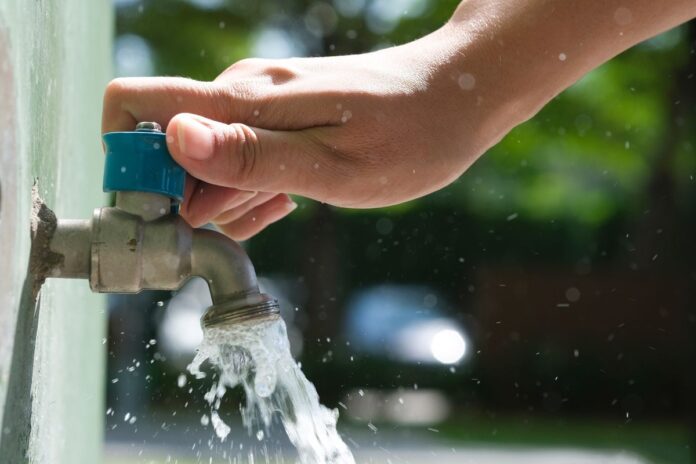The law establishing the social water and sewage tariff for low-income families, Sanctioned in June, it should come into force on December 10th and has worried public and private companies in the sector, according to sources. Among the points of attention are the impacts of the measure.
The law establishes a 50% discount on the fare families registered in the Single Registry (CadÚnico) or who receive Continuous Payment Benefit (BPC). Among companies, there are two concerns: how to operationalize discounts within a period considered short; and what the rebalancing will be like, which should put pressure on the tariff charged to other users.
Abcon (National Association and Union of Private Concessionaires of Public Water and Sewage Services) calculated that The discounts are expected to generate a 15.6% increase in tariffs charged by private concessionaires. The impact, however, should affect all companies, including state ones.
Christiane Dias Ferreira, executive director of Abcon, states that the entity is not contrary to the rule and that, today, 10% of customers already have a social tariff. “But there is a challenge in implementing the rule, the deadline is short,” she says.
A source from the private sector says that companies have found it difficult to access CadÚnico’s registered database – and thus ensure that the rule will be complied with from December onwards.
Furthermore, he states that there is a fear about how the exemptions will be compensated, which will have to be done through economic-financial rebalancing — a slow process that takes place in a pulverized manner, given that the sanitation sector is regulated by local bodies . Today, there are more than one hundred regulatory agencies in the sector.
There is still a doubt about a possible loophole in the law to apply the new social tariff only after economic-financial rebalancing, given that a paragraph of the law states that “the institution of the Water and Sewage Tariff (…) will only be effective in relation to the service provider through prior restoration of the economic-financial balance of the contract”. However, there is also uncertainty in adopting this understanding, given the possibility that control bodies have a different interpretation of the text.
In addition to the new social tariff, companies in the sector have been working in the Senate to avoid another impact on the tariff, resulting from the tax reform.

